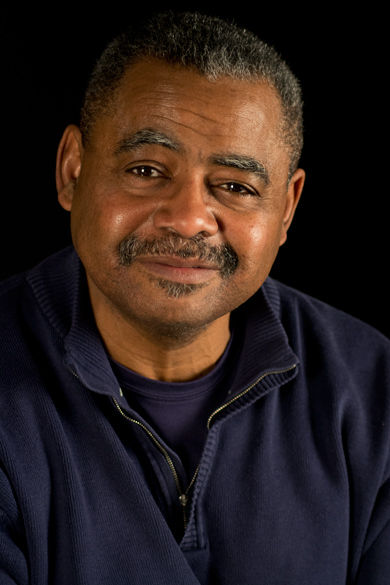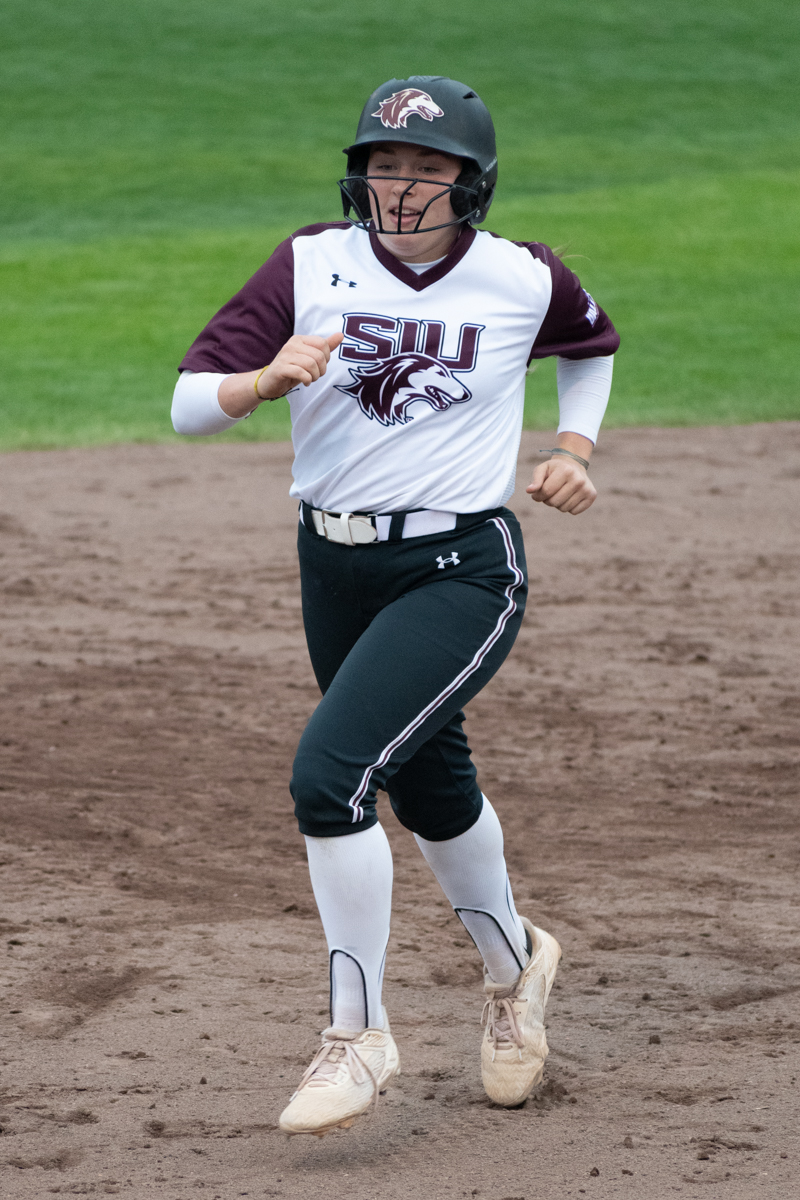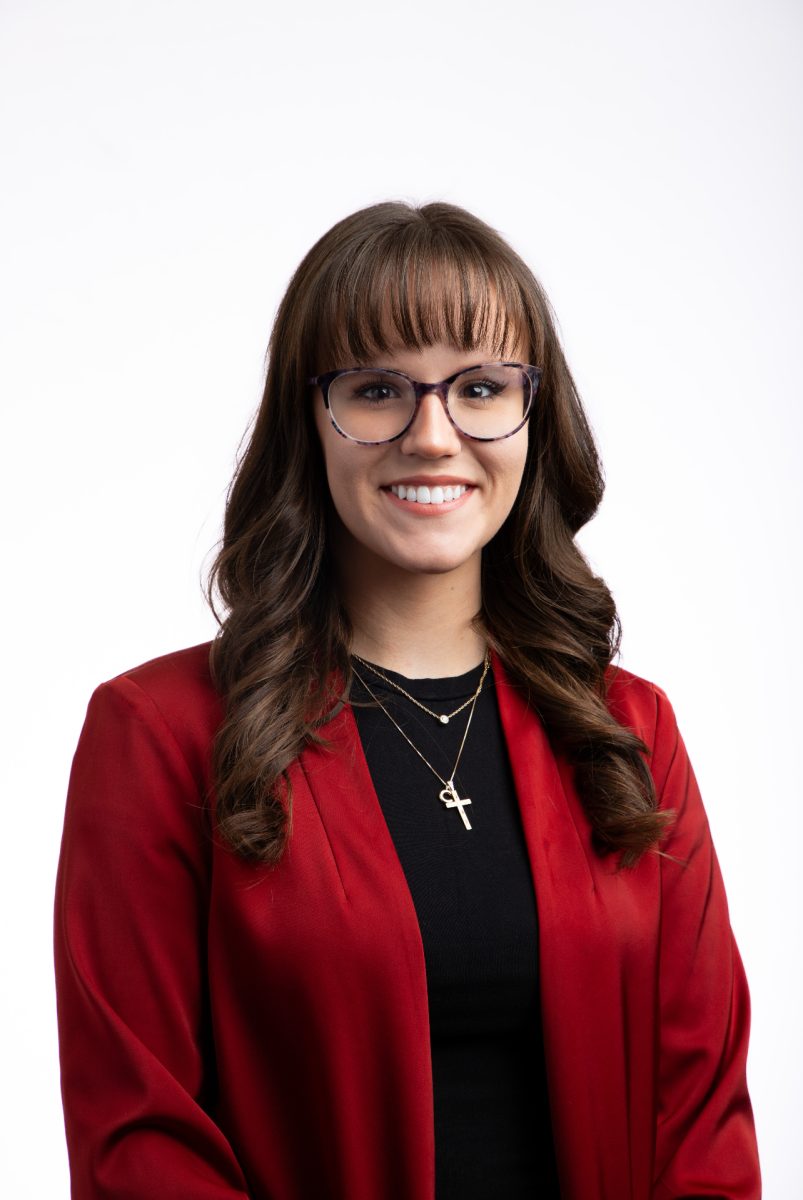Galloway opens doors for others

February 2, 2015
There were not a lot of black people directing sports when Dennis Galloway started doing so in 1983.
Galloway, a radio and television professor at SIU, spent more than 30 years as a sports director and won a Regional Emmy while in Pittsburgh.
A sports director makes the decisions of what action the television viewer sees, Galloway said. He said the director has to communicate with all of the camera crew to tell the story of the game.
Advertisement
“I liked the live aspect of it,” he said. “You have one chance to get things right.”
Galloway attended California University of Pennsylvania and majored in communications, knowing he wanted to work in television.
He first applied for a job at a television station in Pittsburgh, which he knew he was not really qualified for. After the interview, it was clear they were not interested, until he told them he was the student representative on the Board of Trustees. Then they hired him.
“I always tell this to students: Go to class. Do your work,” he said. “But do as much as you can outside of class because you never know how that’s going to benefit you.”
Galloway has directed nearly every major sport and spent 21 years directing baseball with the Pittsburgh Pirates. He said baseball is his favorite sport to direct because of the action and uniqueness; there are a lot of cuts to make in a telecast.
He said one struggle about being black was having longer breaks than other directors. It took him five years to direct his first telecast after starting as a production assistant in 1978. He said it took others less time because they were in better situations and knew more people.
Galloway said he once had a client who wanted him to direct a basketball game at the University of Alabama Birmingham. He said the client was very friendly on the phone, but after they met in person his tone changed and he could not even look him in the eye.
Advertisement*
“He was barely speaking to me at all once he saw who I was and what I looked like,” Galloway said.
Ken Lyles, a black freelance camera and replay operator in Chicago worked with Galloway. During Galloway’s time, when the Pirates traveled, they sent a producer, director, assistant director, assistant producer and on-air talent. All other crew members were hired locally.
“[Galloway’s] a wonder to work for,” Lyles said. “He’s not a screamer. He knows what he wants and he knows how to get it out of his crew people.”
Lyles said it is a challenge every day being a minority in the industry. He said people in venues outside of Chicago still look at him funny and ask what he is doing there.
“I’ve been doing this for 30 years and I still feel like I’m on the outside a lot of times,” Lyles said. “There’s been so many years where I’m the only black person on the crew, or one of two.”
Jean-Pierre Reed, a sociology assistant professor, said there are different ways of measuring equality, but America is yet to get there. He said a black person and a white person could have the same qualifications for the same job, and the black person is usually bypassed.
“If you look at the statistics, they tell you something about the unemployment rate,” he said.
Galloway said he has taken away mostly positives though. He said one morning while he was going to direct a college basketball game, a black guard stopped him and asked what he was doing. Galloway explained.
“[The guard] got out of his booth, walked around, shook my hand and started to cry,” Galloway said. “I asked him what was going on. He said he never saw a black man in that position and he was so proud of me. I broke down crying too.”
Galloway’s biggest contribution to Black History Month is getting a job and proving himself because it may open doors for people with the same background as him.
Thomas Donley contributed to this story.
Aaron Graff can be reached at Agraff@dailyegyptian.com or at 536-3311 ext. 256
Advertisement







